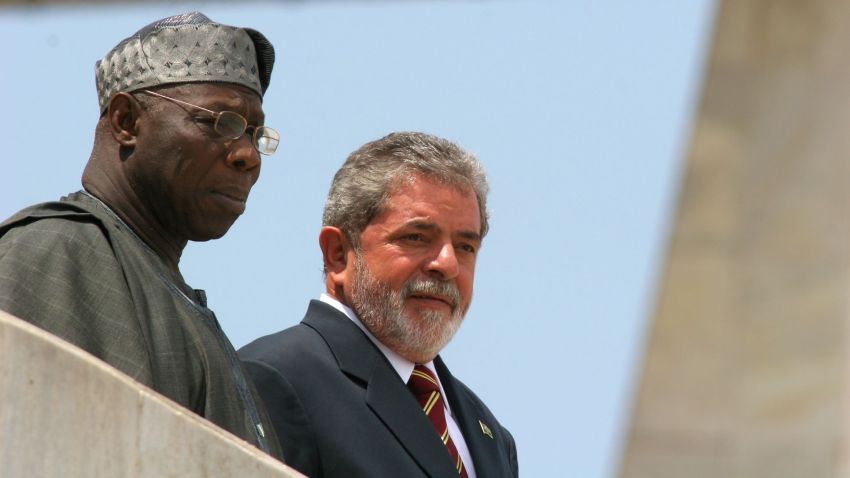On Oct. 30, Brazil’s former president Luiz Inacio Lula da Silva, who served in office from 2003 to 2010, will face incumbent President Jair Bolsonaro in a second-round runoff to determine the winner of the country’s presidential race. Lula’s potential return to power in Brazil at a time of major geopolitical shifts is sparking renewed interest in some quarters about a rejuvenation of South-South cooperation, as well as a renewal of the robust relationship between Brazil and African countries seen during Lula’s first stint in office. But a return to the heyday of the 2000s is a long shot even if Lula regains Brazil’s presidency, as the conditions that enabled cooperation between Brazil and Africa to flourish back then do not exist today and are unlikely to be recreated.
As tensions in the international order have deepened among the great powers, a significant share of the world’s population, perhaps even its majority, appears not to want to take sides in any geopolitical “great games.” Indeed, many leaders in these countries—in government, the private sector and civil society—are now championing a range of partnerships and collaborations, whether historical or more forward-looking ones, that they believe better reflect their vision of multilateral cooperation.
One such example is the engagement between African countries and Brazil during Lula’s time in office. As the president of Latin America’s largest economy and regional hegemon, Lula adopted an “autonomy through participation” vision for Brazilian foreign policy that was based on a perception of the international system as evolving toward a multipolar diffusion of power, while nonetheless still favoring wealthy, industrialized countries in the Global North. Thus, large, prosperous countries in the Global South like Brazil needed to articulate the importance of a more democratized decision-making process within multilateral organizations like the United Nations, the World Trade Organization and eventually the G-20, while establishing institutionalized coordination with other developing countries in forums like the IBSA Dialogue Forum—comprising India, Brazil and South Africa—and BRICS, which comprises those countries as well as Russia and China.

